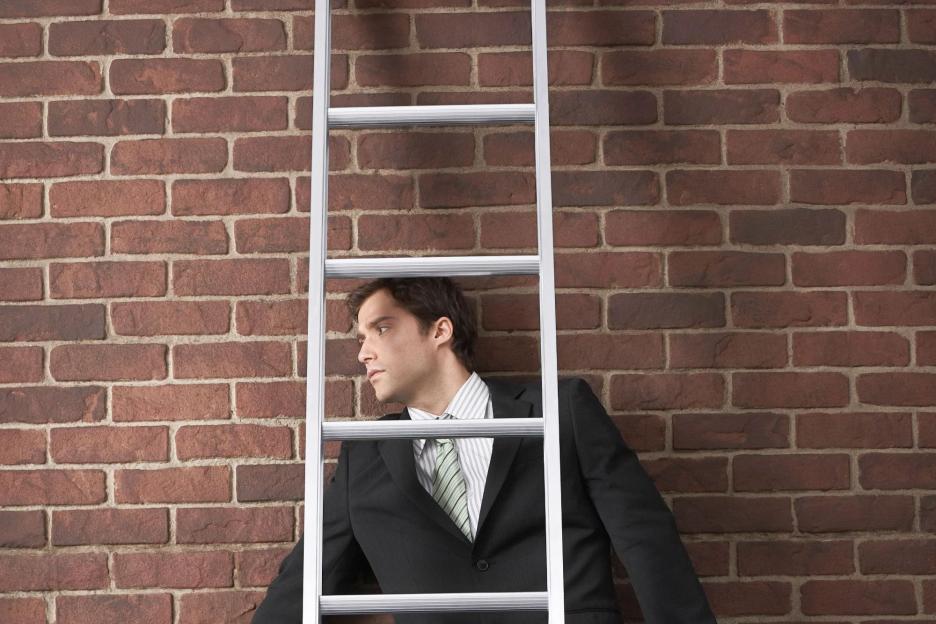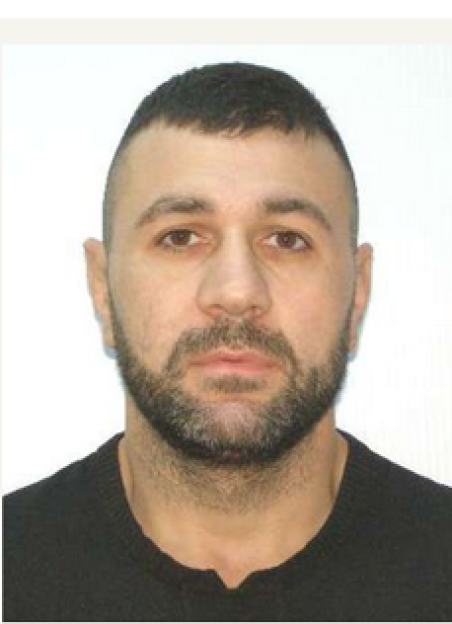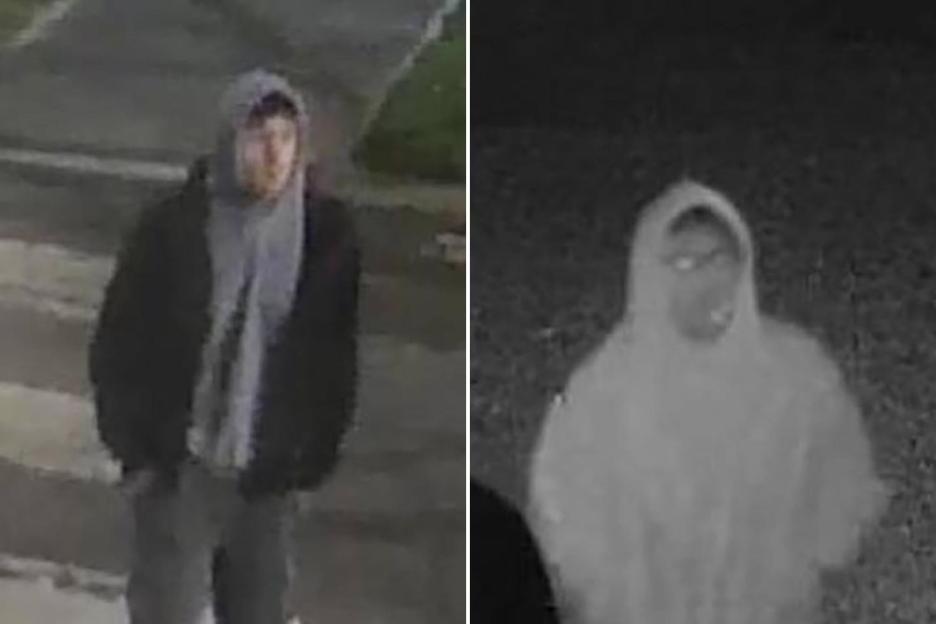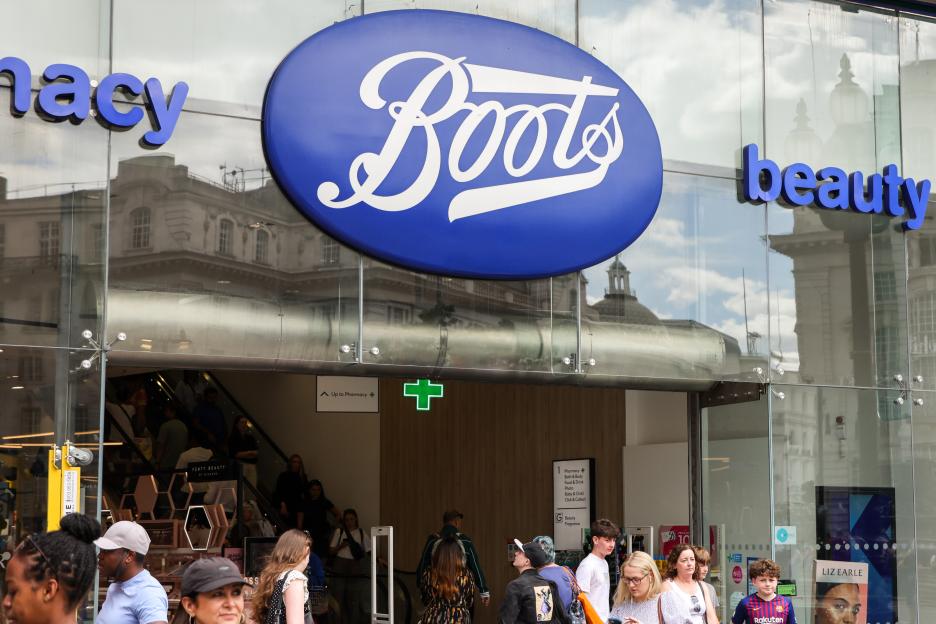TWO young Brits have been jailed for six years each for smuggling nearly 70kg of cannabis out of Thailand stashed in their luggage.
Tihaise Darlin Elisha, 19, and Taylor Tamara Simone, 21, were swooped on by staff at an airport in Zimbabwe in May – two amongst a slew of Brit arrested on international drugs smuggling charges recently.
 Tihaise Darlin Elisha, 19, pictured with one of the suitcases carrying cannabis
Tihaise Darlin Elisha, 19, pictured with one of the suitcases carrying cannabis
 Taylor Tamara Simone, 21, with a large number of bags of drugs piled up
Taylor Tamara Simone, 21, with a large number of bags of drugs piled up
 The pair were convicted of drugs smuggling and sentenced to six years in prison each
The pair were convicted of drugs smuggling and sentenced to six years in prison each
Security officers at Robert Gabriel Mugabe International Airport in Harare noticed the pair acting suspiciously on May 1, so yanked them aside.
A search of their luggage found that four Monarch suitcases were completely stuffed with weed.
Police found 53 packets containing a total of 66kg of loose skunky cannabis , known locally as “dagga”.
The red and brown cases were tagged with the young Brits’ names.
Three months later, the pair have been found guilty of drugs trafficking by the Harare Magistrates’ Court, according to Zimbabwe’s national prosecutor.
Each was sentenced to nine years in prison , with three years suspended on condition of good behaviour.
The National Prosecuting Authority warned that the country maintains a zero-tolerance policy toward transnational drug trafficking, saying: “The law will catch up with offenders, no matter their nationality.
“Airports are not gateways for crime.”
The number of Brits arrested for international drugs smuggling has exploded in recent months.
Many of those have flown out from Thailand – and a few cases have made international headlines.
Bella May Culley, 19 , was arrested in Georgia in May after allegedly bundling a large cannabis stash out of the Kingdom – and is awaiting trial.
The teen claimed she had been “forced under torture” by a Brit drug gang in Thailand to carry the haul through the airport, heading for Tbilisi.
Charlotte May Lee, 21 , faces a similar situation after being arrested in Sri Lanka, allegedly with around £1.2million worth of cannabis in her suitcases, also in May.
Former flight attendant Charlotte , from south London, has yet to be charged but is still holed up at a jail in Negombo on the west coast.
 Brit teen Bella Culley was arrested in Georgia after allegedly smuggling a stash of cannabis out of Thailand
Brit teen Bella Culley was arrested in Georgia after allegedly smuggling a stash of cannabis out of Thailand
 Charlotte faces a long stay behind bars before she is sentenced
Charlotte faces a long stay behind bars before she is sentenced
 21-year-old mum Cameron Bradford has been accused of smuggling cannabis in her bags
21-year-old mum Cameron Bradford has been accused of smuggling cannabis in her bags
And a young British mum, Cameron Bradford, 21 , was nabbed in Munich in April for allegedly smuggling the marijuana as well.
In February, British and Thai authorities collaborated with Operation Chaophraya – which was cracked down specifically on smugglers attempting to post cannabis from Thailand to the UK.
This results in the arrest of over 50 Brits in Thailand.
Other networks have been uprooted, such as 11 Brits nabbed in March in relation to large-scale smuggling through the airport on the island of Koh Samui.
A month later, Thai police caught Adel Mohammed in Bangkok, who they suspect of pulling the strings behind the operation.
Why Brit backpackers are prime targets, Thai cop reveals
By Patrick Harrington
Police Lieutenant Colonel Arun Musikim, Deputy Inspector of the Surat Thani province police force, said: “Cases involving British nationals smuggling cannabis have been around for a while.
“Initially most incidents happened at Suvarnabhumi Airport in Bangkok. But as arrests increased, the security tightened inspections, making it harder for smugglers to operate.
“So they began looking for smaller airports with international flights, which is why they started using Koh Samui, as it operates international flights while still being a very small airport.
“There are a lot of codeshare flights with major airlines that have international transfers in Bangkok where the suitcases are moved between planes and not checked. Then the flights go to the UK.
“Phuket is another airport with international flights to Europe but the airport is bigger and security is more advanced.
“There is a lot of cannabis grown on Thailand’s islands in the south because the climate is suitable and it is legal. A lot of gangs are attracted to this.
“There are now various smuggling methods that we have seen. Some carry it themselves, some hire backpackers, and some send it via mail.
“This year, there have been many cases we have intercepted. Most involve British and Malaysian nationals.
“It’s easy for British citizens to travel as they can enter Thailand and return to the UK without needing a visa.
“Most of the smugglers are people hired to carry the cannabis, similar to how tourists might smuggle tax-free goods.
“They’re usually unemployed individuals from the UK. The gangs offer them flights, pocket money and hotel stays, just to come and travel and take a bag back home with them.
“These people often have poor social standing at home and are looking for ways to earn quick money. They find them through friends or on social media.
“The average age is mostly young adults, though not all. There are men, women, and even people with disabilities, all posing as backpackers visiting Thailand for a holiday.
“Many will go to festivals or parties while they are here, just like they are having a normal trip abroad.
“Upon further investigation, we found that the gangs behind this are entirely based in the UK. The payment varies — some are paid to carry in exchange for clearing debts owed to these gangs.
“Wages differ. Some get £3,000 to £5,000, some only £2,000, and others just have flight tickets and some pocket money. Some accept the chance to have a holiday that is paid for.
“They are told that it is easy and they will not be caught. Then the amount the organisers can sell the cannabis for in the UK is much higher than it costs in Thailand.
“Police suspect that there are multiple employers and groups receiving the drugs on the other end. The cannabis then enters the UK market.
“To stop this network, immigration police have coordinated with customs, the Ministry of Public Health, and airport officials.
“In Surat Thani, several people have already been sentenced, some received four months, the longest was six months, depending on the court’s decision.
“Some confessed and carried small amounts and were sentenced to four months. Others who recruited, managed, or transported large amounts received six months.
“Currently, there are fewer cases on Koh Samui because of our strict enforcement. Tourists are now looking for other routes instead.
“We are being vigilant to ensure there are no routes out of the country.”







